【Conference Update】Sichuan Bioinformatics Society Successfully Holds the Fourth Session of the First Council and the 2024 Annual Academic Conference!

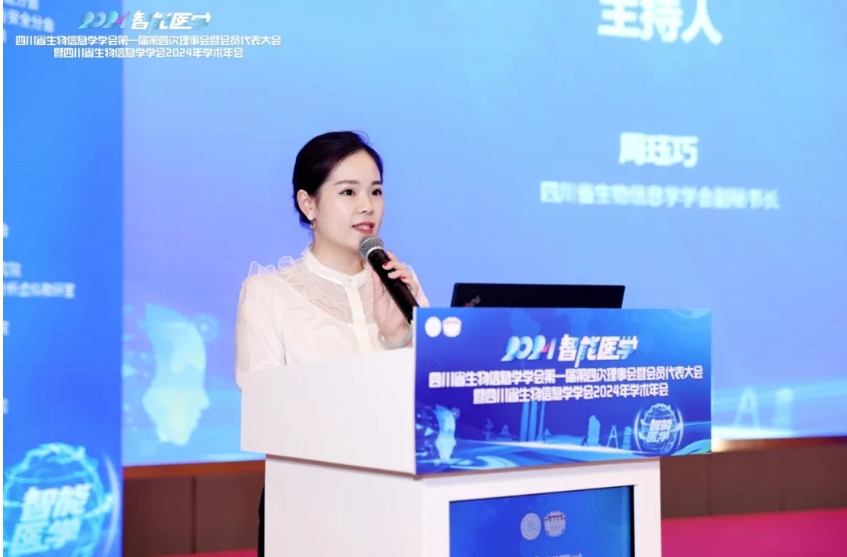
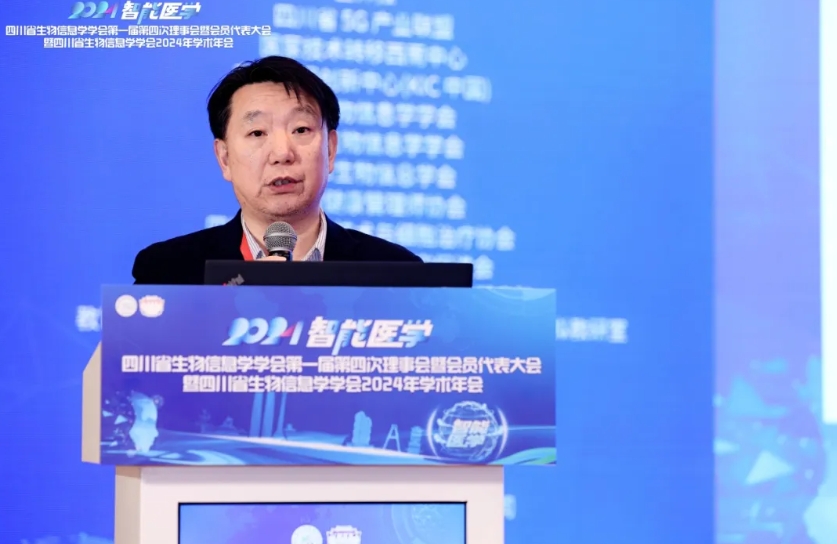
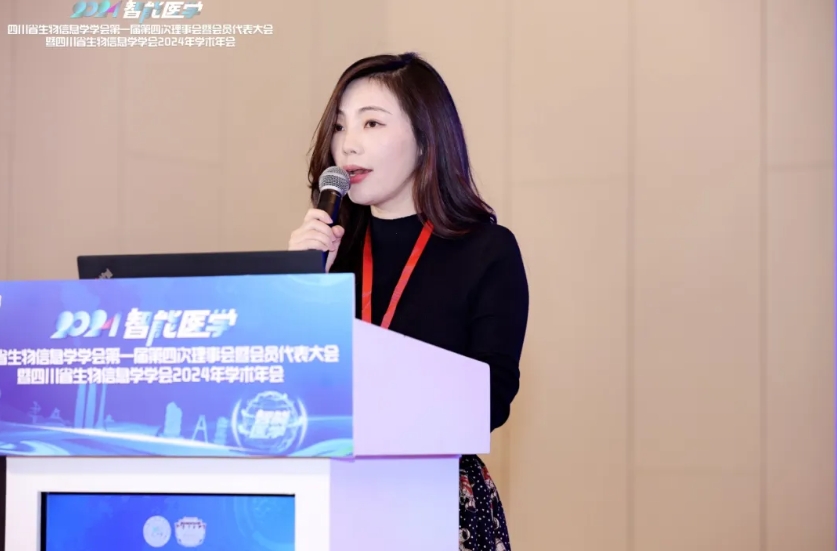
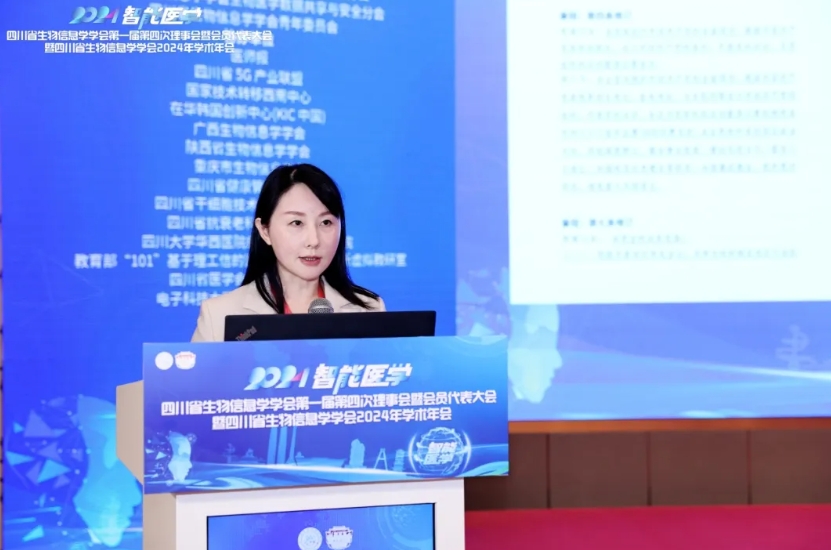
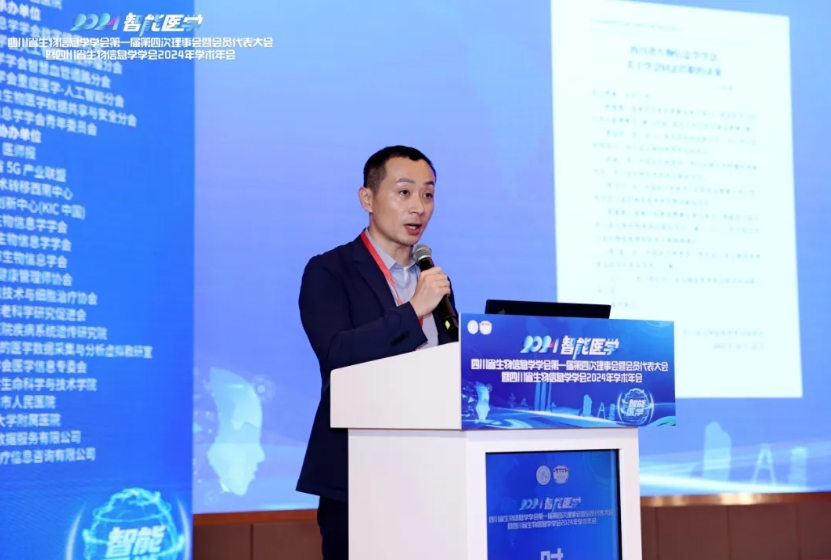
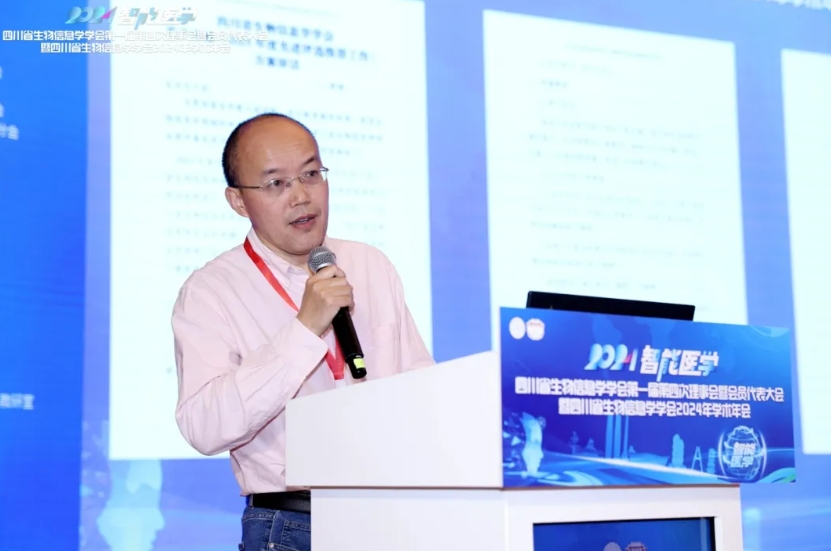
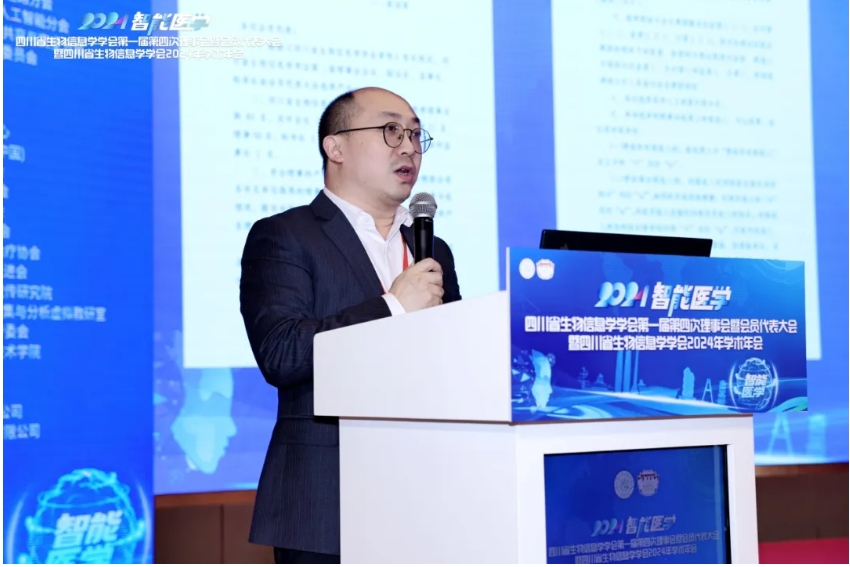
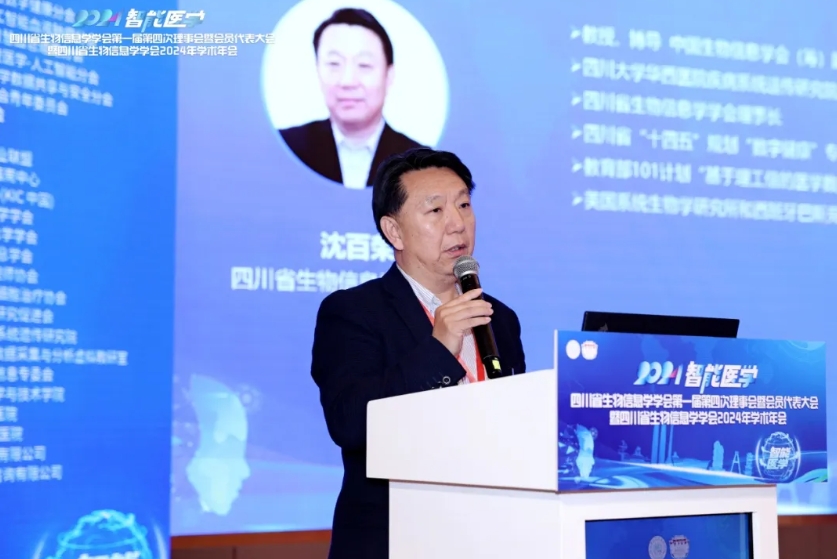
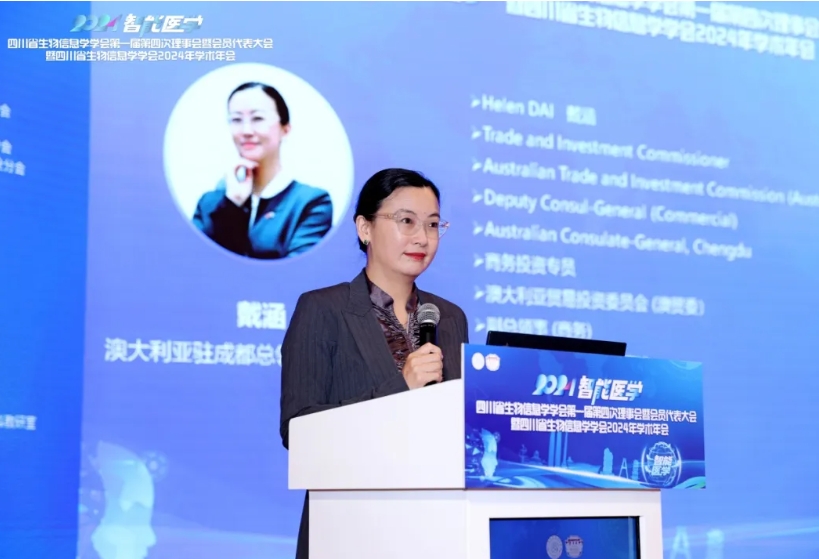
Tang Yu, the Science and Technology Achievements Precision Transformation Officer from the Science and Technology Workers Service Department of the Sichuan Association for Science and Technology's Innovation Development Department, provided a detailed introduction to the Tianfu Science and Technology Cloud Services at the conference. She first elaborated on the main purpose of the Tianfu Science and Technology Cloud Services, which is to utilize advanced cloud computing technology to provide a comprehensive service platform that integrates scientific research, communication, and cooperation for scientific and technological workers, aiming to promote the precise transformation and application of scientific research achievements. Furthermore, Tang Yu introduced the innovative measures of the Tianfu Science and Technology Cloud Services in facilitating the precise transformation of scientific research achievements. Lastly, Tang Yu looked forward to the future planning of the Tianfu Science and Technology Cloud Services. She stated that with the continuous improvement of the platform's functions and the growth of its user base, the Tianfu Science and Technology Cloud will continue to expand its service scope and add more value-added services to meet the increasing demands of scientific and technological workers. She encouraged the attending researchers to actively utilize the Tianfu Science and Technology Cloud Services to maximize the value of scientific research achievements and contribute to the promotion of regional scientific and technological innovation.
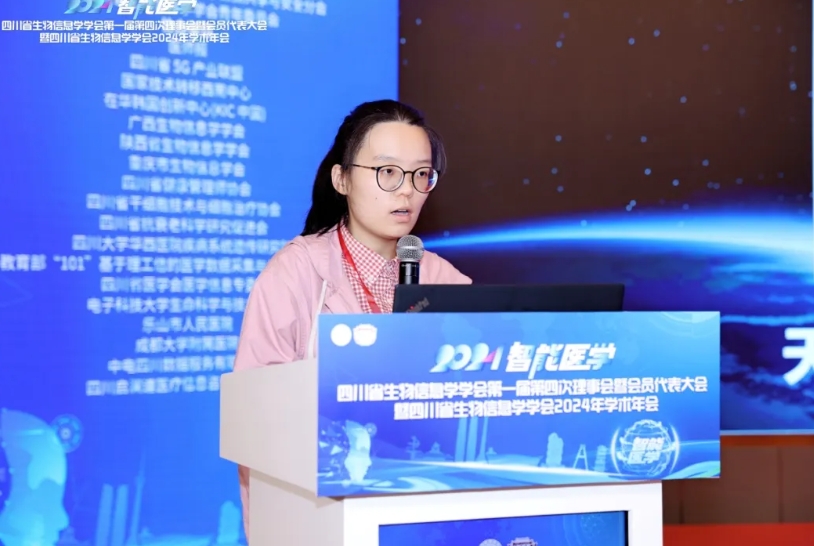
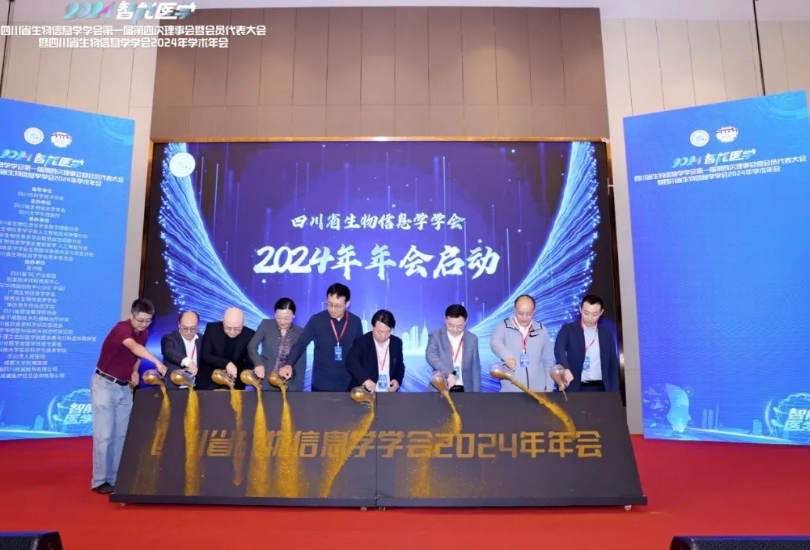
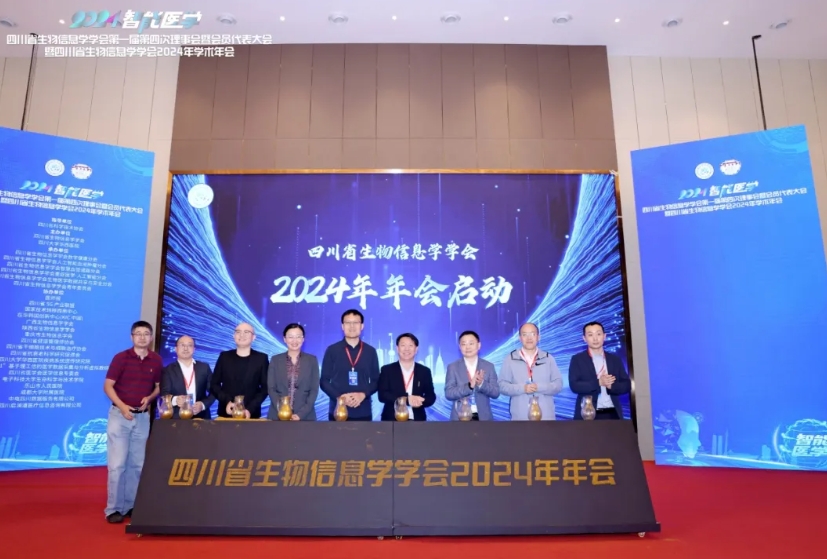
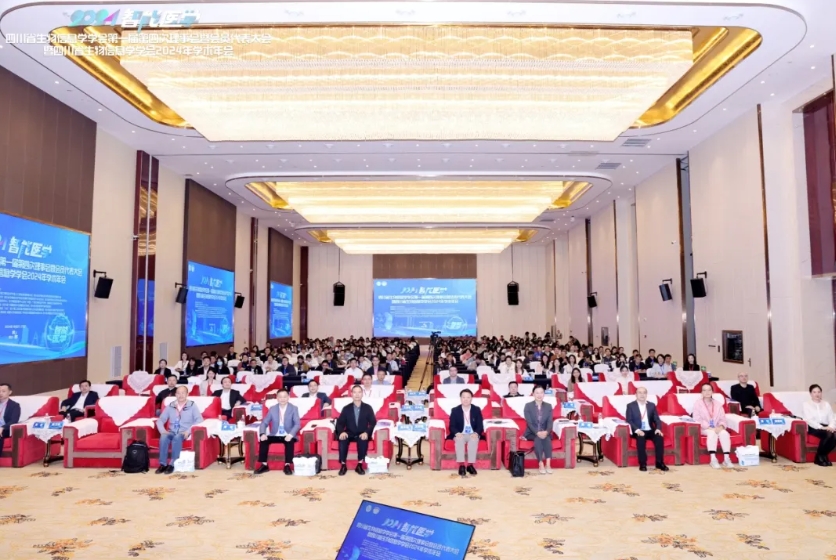
Professor Kang Yan from West China Hospital, Sichuan University, deeply explored the application prospects and practical cases of big data and artificial intelligence technology in the field of critical care medicine with the topic "Big Data, Artificial Intelligence, and Critical Care Medicine." His presentation not only provided a wealth of information but also offered new perspectives and thoughts to the attendees.
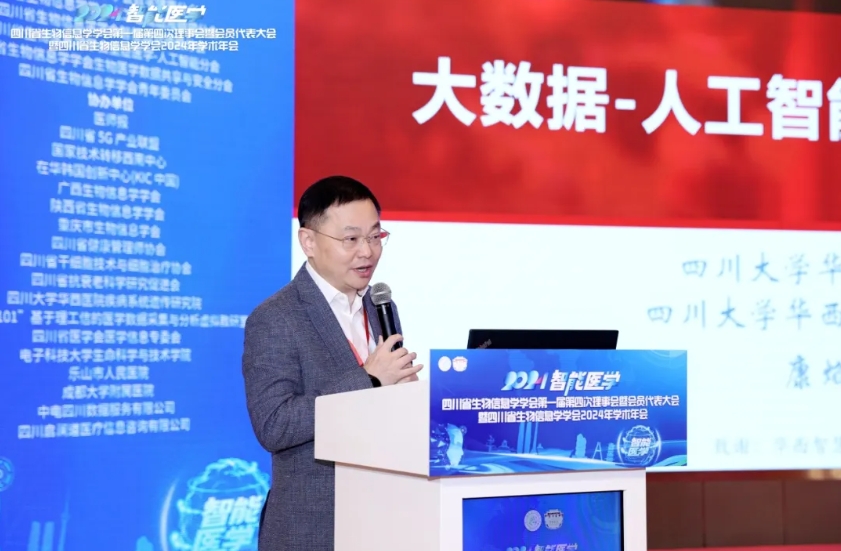
Professor Shi Rui from West China Hospital, Sichuan University, in his lecture titled "New Perspectives on the Role of Medical Artificial Intelligence in the High-Quality Development of Hospitals," explored the potential of artificial intelligence technology in enhancing the quality of medical services and the efficiency of hospital management. Professor Shi's research focuses on leveraging AI technology to optimize diagnostic and treatment processes, improve the accuracy of diagnoses, and enhance patient care experiences. He shared several practical application cases from West China Hospital in this field, including innovative models and application prospects of intelligent diagnostic and treatment pathways, as well as the practical application of AI technology in healthcare.
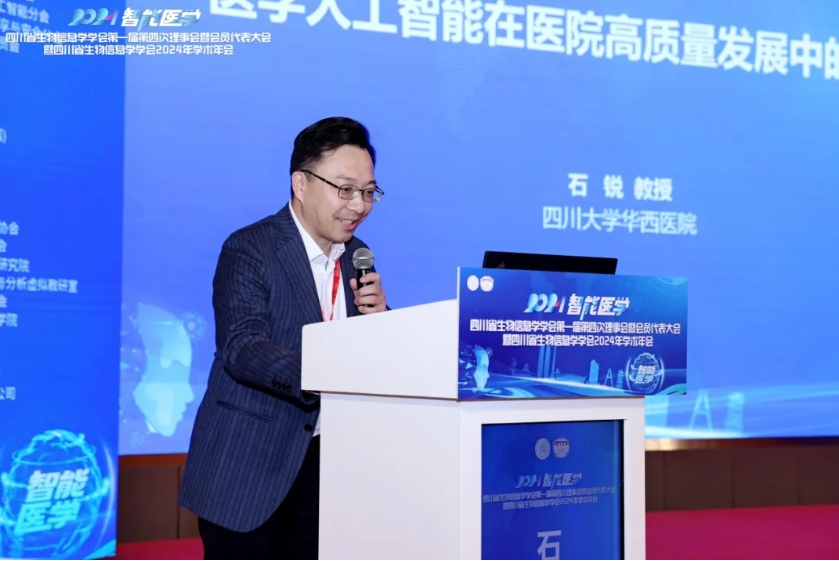
Professor Wang Fubo from Guangxi Medical University, in his presentation titled "Research on the Application of Clinical Big Data and Artificial Intelligence in Intelligent Perception of Malignant Tumors," provided a detailed account of the development and application of clinical decision support systems for malignant tumors based on clinical big data and artificial intelligence technology. Professor Wang's lecture encompassed the screening and identification of pan-cancer and tumor-specific biomarkers, as well as research on the molecular mechanisms underlying the progression of common tumors in the urinary system and their intervention targets. His work has not only advanced the basic and clinical research on urinary system tumors but also excelled in the early diagnosis and treatment of these tumors, the "liquid biopsy" technology for malignant tumors based on extracellular vesicles, and the analysis and clinical application of medical big data.
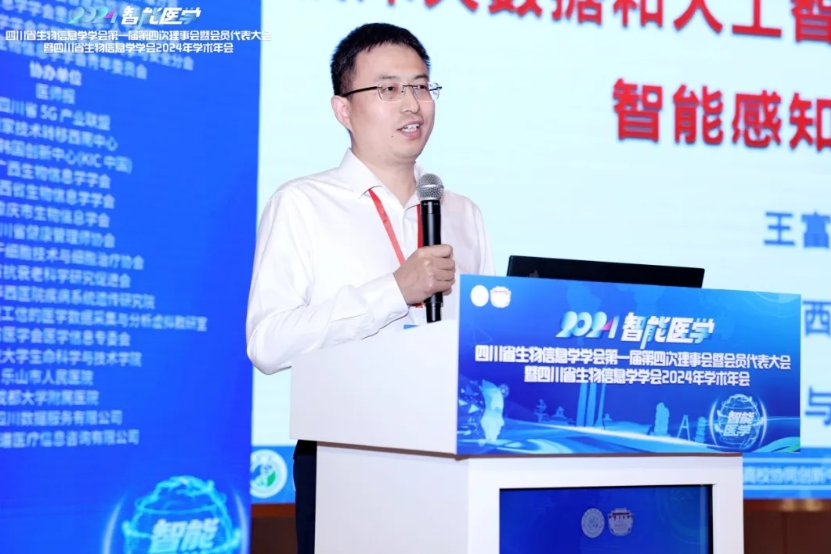
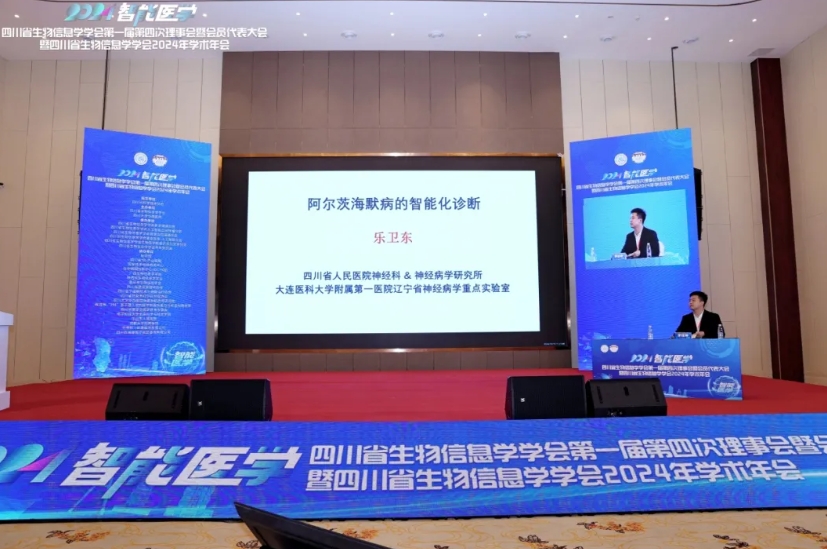
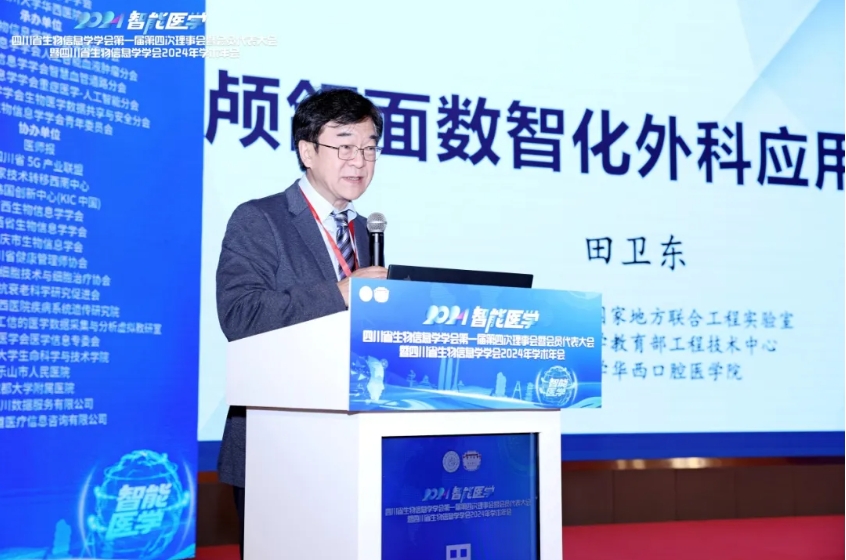
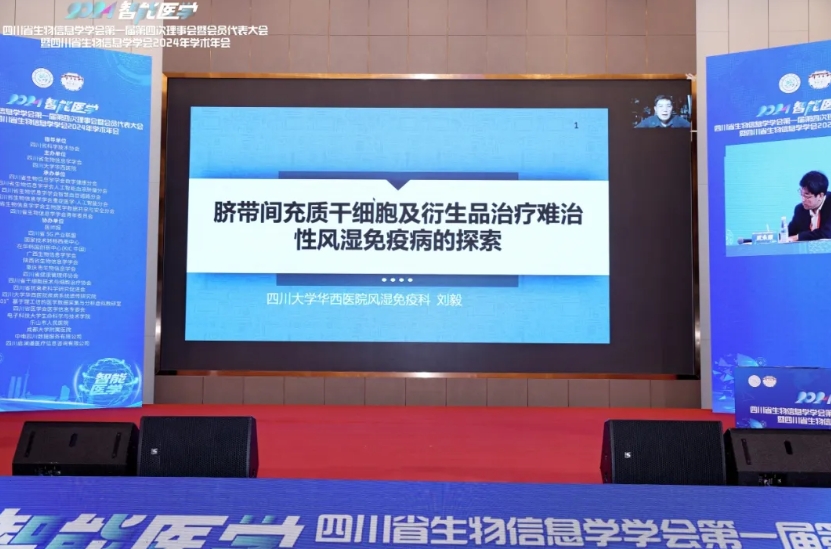
Professor Liu Yi from West China Hospital, Sichuan University, shared "The Efficacy and Mechanism of Stem Cell Therapy for Pulmonary Interstitial Fibrosis in Scleroderma." Scleroderma is an autoimmune disease that can lead to fibrosis of the skin and internal organs, severely affecting the quality of life for patients. Professor Liu provided a detailed explanation of the mechanisms of stem cell therapy, including how it can ameliorate the symptoms of scleroderma through its anti-inflammatory, anti-fibrotic, and tissue repair-promoting actions. He shared preliminary clinical trial results that demonstrated the potential of stem cell therapy in improving patients' lung function and quality of life. Professor Liu's presentation not only offered new strategies for the treatment of scleroderma but also provided insights into the application of stem cell therapy for other fibrotic diseases.
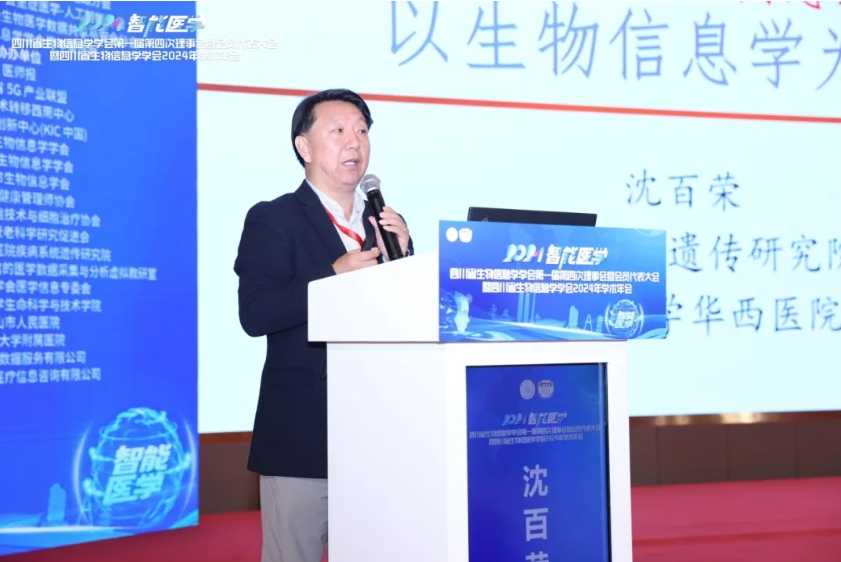
Professor Shen Bairong from West China Hospital, Sichuan University, shared "Reverse Thinking in Medical Big Data Research." In traditional medical research, investigators typically start from known causes and explore their impact on diseases. However, the reverse thinking method proposed by Professor Shen begins with the symptoms or phenotypes of a disease and traces back to identify possible causes and mechanisms. This research approach can reveal new mechanisms and therapeutic targets that traditional methods might overlook. Through several case studies, Professor Shen demonstrated how to use big data analysis to identify key disease characteristics from complex clinical data and proposed new diagnostic and treatment strategies. His presentation provided a new perspective and methodology for the study of medical big data, inspiring the audience to think anew about data-driven medical research.

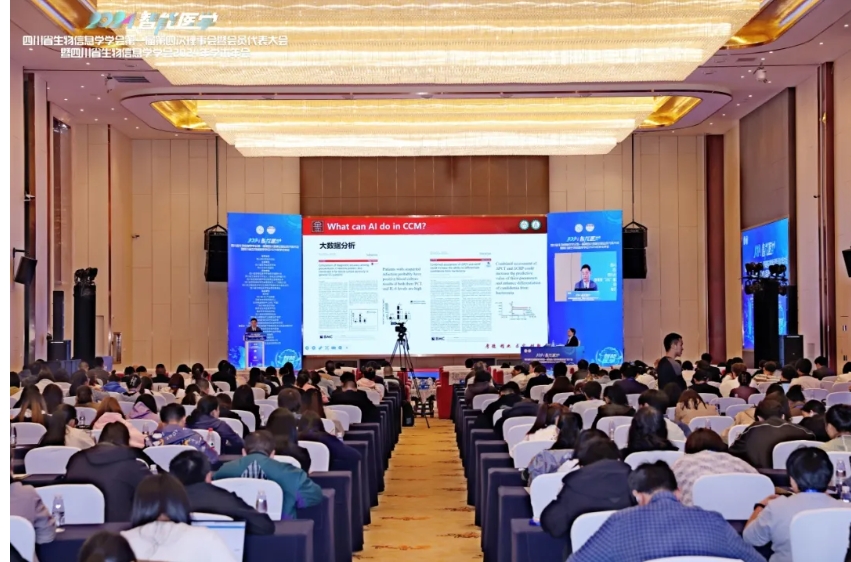
The first day of the Fourth Session of the First Council and the 2024 Annual Academic Conference of the Sichuan Bioinformatics Society has come to a successful close. The conference brought together numerous experts and scholars in the field of bioinformatics to discuss the latest advancements and future trends in intelligent medicine. The successful holding of the Council and the General Assembly of Members signifies that the Society has taken solid steps in its organizational structure and member services, laying a solid foundation for the Society's continued development. Through such academic exchange platforms, the Society will continue to promote the interdisciplinary integration of bioinformatics in clinical medicine, artificial intelligence, and big data, achieving collaborative development among multiple parties, building bridges for communication and cooperation between Society members, government, and enterprises, and fostering multi-party exchanges.
The three-day academic conference covered a range of cutting-edge fields, including biomedical data sharing and security, critical care medicine and artificial intelligence, digital health, artificial intelligence in hematological oncology, smart vascular access, and the youth committee. The convening of this conference will further deepen our understanding of the field of intelligent medicine, explore new research directions, and stimulate innovative thinking. Participants of the conference will gain more insights into the intersection of bioinformatics with clinical medicine, artificial intelligence, and big data, thereby promoting research and application development in these related fields.

